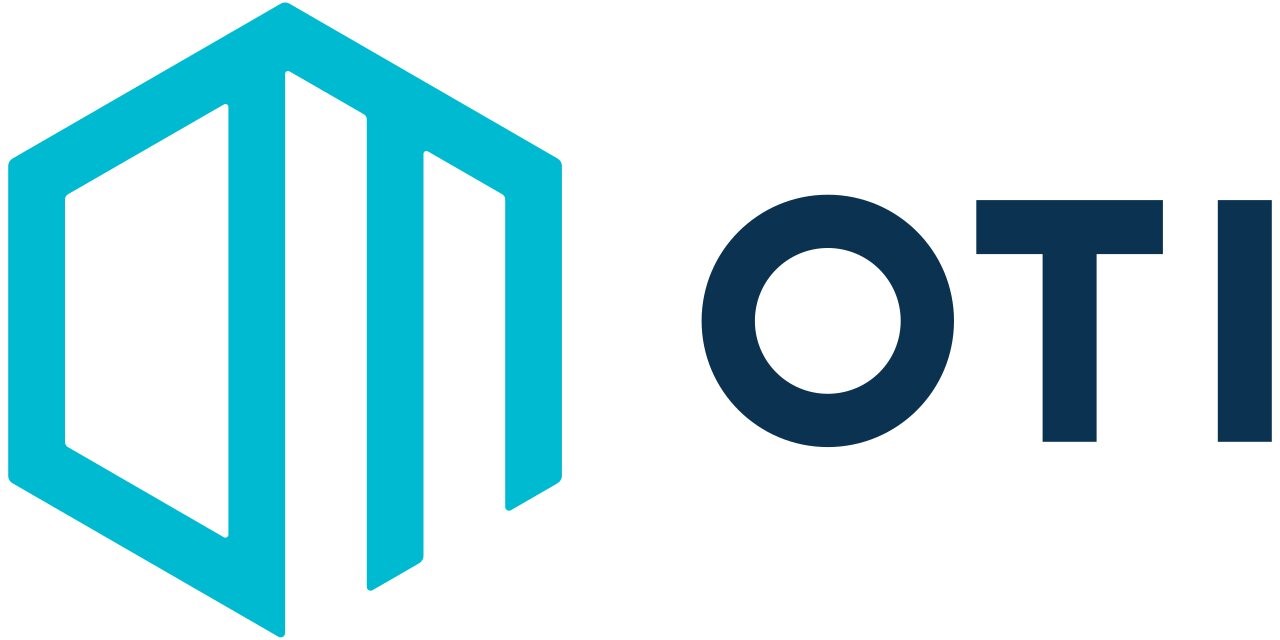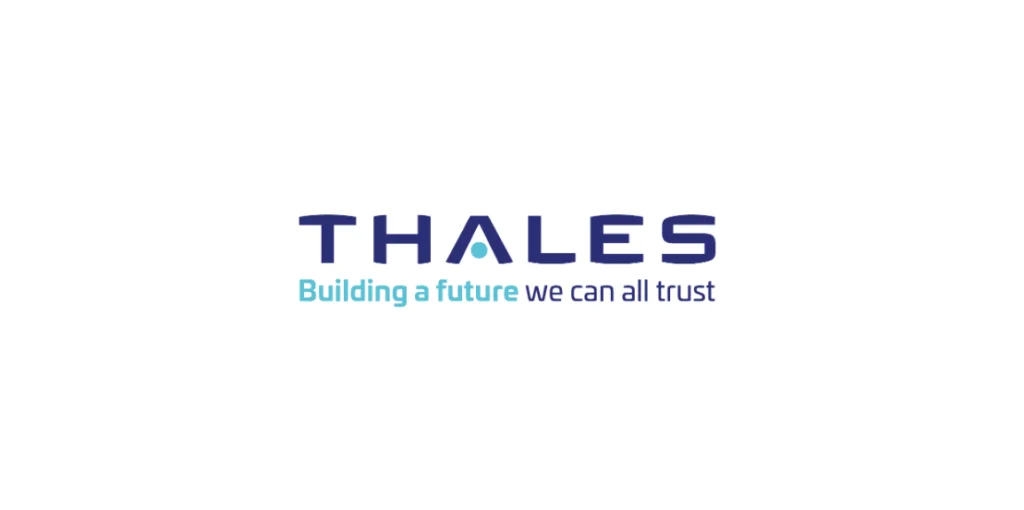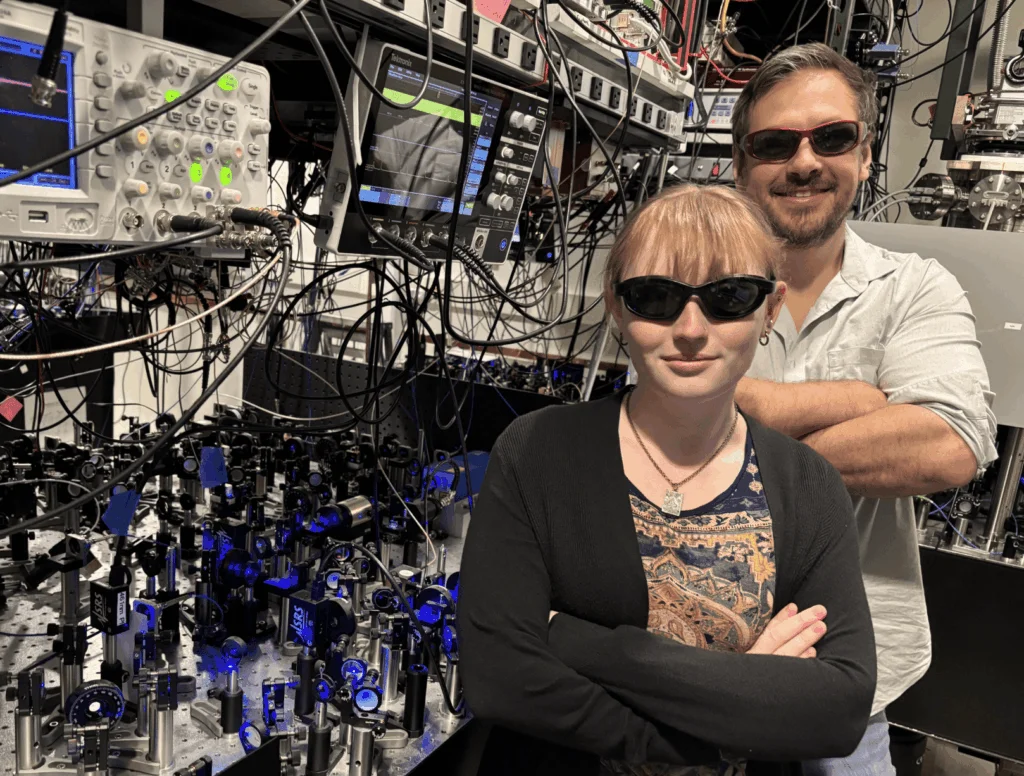Insider Brief
- OTI Lumionics has demonstrated that large-scale quantum simulations for materials discovery—previously thought to require quantum hardware—can now be performed on classical computers with high accuracy.
- The study introduces a method for optimizing complex quantum circuits on standard servers, enabling efficient hybrid quantum simulations without needing supercomputers or quantum processors.
- Researchers simulated OLED-relevant molecules using up to 80 qubits and over a million quantum gates, setting a benchmark for classical simulation of quantum algorithms using readily available hardware.
PRESS RELEASE — OTI Lumionics, a leader in advanced quantum simulations and solutions for next-generation materials discovery, announces the publication of its scientific paper, “Optimization of the Qubit Coupled Cluster Ansatz on classical computers,” in the Journal of Chemical Theory and Computation (JCTC). The results mark a major advancement in the quantum computing and OLED industry, demonstrating that large-scale quantum simulations of materials can be simulated today on classical hardware with high-accuracy results. Historically, current quantum computers have struggled to achieve this capability.
Though the adoption of quantum computing has grown rapidly, quantum hardware has progressed at a slower pace. Addressing this limitation, OTI Lumionics has identified quantum-inspired methods that enable scalable simulations of complex molecules on classical computers. These innovations reveal the potential to dramatically improve performance, accuracy and efficiency for quantum-inspired electronic structure calculations.
OTI Lumionics’ paper presents a method that allows for the rapid optimization of complex and deep quantum circuits for materials simulations. This enables hybrid quantum algorithms to efficiently compute the various energy states of materials using a quantum computer. Due to improvements that OTI has made, it also happens in a computationally efficient approach that can be run on standard, easily available computer servers, instead of dedicated supercomputers.

“Our work demonstrates a way to bypass the limitations of today’s quantum hardware while still leveraging the powerful mathematical frameworks drawn from quantum computing,” said Dr. Scott Genin, VP of Materials Discovery at OTI Lumionics. “This is a critical step in accelerating materials design pipelines, especially for OLED applications, where understanding the electronic properties of emitters at the quantum level is essential.”
The research team conducted simulations of real-world OLED molecules such as dinitrogen (N2, 16 qubits), water (H2O, 36 qubits), and tris(2-(2,4-difluorophenyl)pyridine) iridium(III), Ir(F2ppy)3, involving up to 80 qubits and hundreds of thousands optimized parameters. The equivalent circuit on a universal quantum computer would have 80 perfect algorithmic qubits and over 1 million 2-qubit gates simulated on 24 CPUs in less than 24 hours. This sets a record for the simulation of a quantum algorithm on classical hardware. Together, these schemes have a highly valuable scalability, making them practical solutions for real-world applications today.
The paper and research was conducted by VP of Materials Discovery at OTI Lumionics, Scott Genin, and researchers at OTI Lumionics, Ilya G. Ryabinkin and Seyyed Mehdi Hosseini Jenab. The full paper is available at JCTC here and at arXiv.org here.













